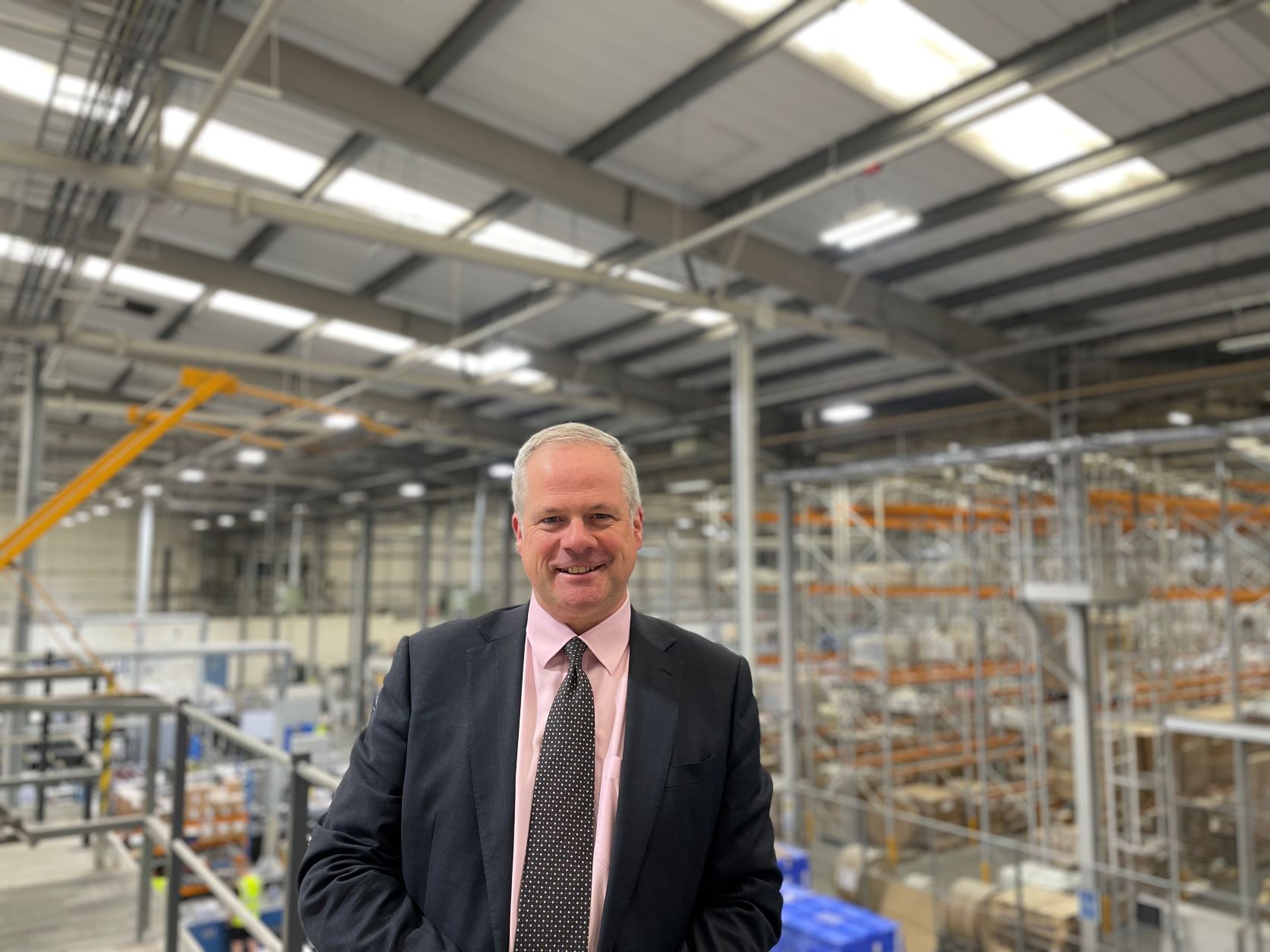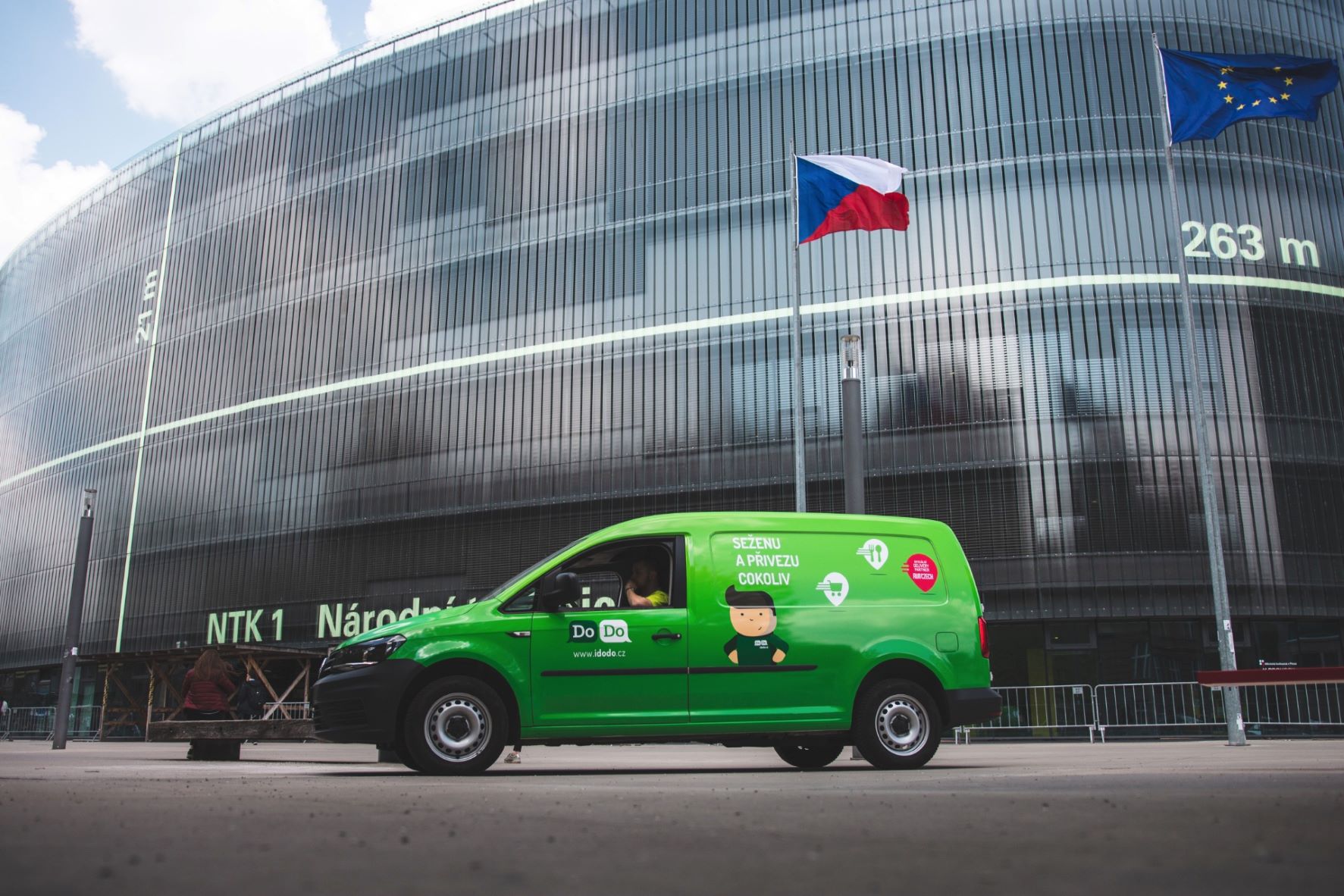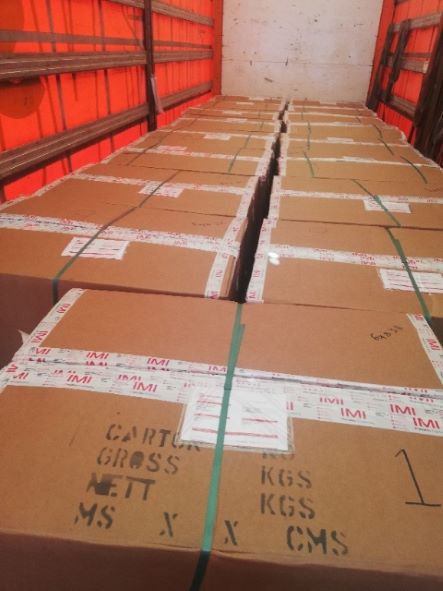David Bruce, senior business development manager at Elanders UK, explores supply chain agility and delivering the customer promise and outlines how the changing landscape is forcing many companies to see their supply chain in a new light.
Supply chains that rely on international sourcing of raw materials are always going to be susceptible to global politics, economics, climate change and cultural shifts. Globalisation was initially, primarily driven by the need for cost saving, with organisations looking for lower labour and operating costs in different regions. Whole mega infrastructure investments have been made in these lower-cost countries over the years to support the global export of products and our worlds as consumers have become very interconnected and reliant on this solution. However, recent global events have placed significant pressure on these extended supply chains and we are beginning to see a change in focus and attention on the globalisation strategy.
Traditionally, many supply chains were cost focused, the flow of goods was overall predictable and many managerial strategies were about becoming leaner. Then, along came several significant events – the COVID 19 pandemic, blockage of the Suez Canal, Brexit and, most recently, the war in Ukraine, all of which have had a huge impact on both our lives and, in this context, the role and significance of a global supply chain strategy.
As a result, organisations have had to change and adapt and this includes, for some, the role and solution of their supply chains. There has been a shift in some sectors and verticals, towards an emphasis on value, pivoting the strategy and operational solutions towards a more regionalised supply chain solution. There also has been a significant shift and acceleration towards the customer experience – what does the consumer now value and how does the operational solution now need to change to reflect this?
Blockages, delays, shortages of labour, have made the need for far greater supply chain resilience – effective supply chain communication and data sharing to aid better planning and operational sustainability. Creating the ‘supply chain line of sight’ perspective between all parties, is now a fundamental necessity to maintain service, financial management and longer-term business value.
However, this is not just about business agility, it is also about supply chain solution agility. The solutions, business relationships, number of partners that organisations used pre-COVID to deliver their customer promise, is changing and quickly. The increase in importance today of partnerships, collaboration and longer-term relationships that all underpin the use of niche players and partners, is gaining significant momentum. Has the era of single partners, standard solutions and structured contractual relationships now changed into multiple partners all collaborating in a shared environment and eco-system physical operational solution?
Technology and investment will be a pre-requisite of a supply chain strategy and solution in the future. There are multiple examples in the public domain of the digitalisation of the supply chain to aid the customer promise, whilst also helping to deliver greater supply chain resilience and risk management from any new global effect. However, what I see far less of is the training and investment in people to understand these new technologies and how to see them as complementary to a role (as opposed to a replacement of a role). We are all having to adapt and learn new skills and processes, something the good supply chain businesses have already adopted and changed in their business strategies.
The global economy is changing and supply chain managers are constantly having to adopt new solutions to deliver a customer promise and service level. Have we now seen the peak in globalisation? Have the recent global events made organisations think differently or even forced them to act differently? For some products or sub-sectors, probably the answer is, yes.
For example, there is a need to run sustainable supply chains, focusing more now on carbon cost as well as financial cost and the risk associated with labour shortages (which solving is not a quick fix solution), as well as developing a legacy and a workforce of the future.
Many organisations are assessing what now constitutes a low-cost country for sourcing, plus the constant pressure on warehouse space and logistics infrastructure.
With all these factors, are we now in a period of greater regionalisation and reduced length supply chains for some products – again, I believe the answer is, yes!
Supply chain organisations historically have changed and adapted over the years as new technologies and products come to the market. However, I believe we are now in a period where that need to adapt and constantly update your offer and engagement with the customer is significantly accelerated. The speed and velocity of the change, today, means supply chains and their managers must act to learn and evolve in live situations far more, rather than assess, evaluate and trial a new solution as typically happened in the past. New skills, new technologies, new partnerships, new data and new roles, this is a live, change management process in operation.
So, with all this change and uncertainty that exists today, where does that leave the globalisation strategy and supply chain solutions for tomorrow? What I think we will see is a shift to a decision to reduce the length of supply chains to provide greater certainty and predictability for a customer promise – one size does not now fit all situations:
- More regionalisation in sourcing, less globalisation in movement.
- More partnerships and collaboration with less standardisation of solutions and reliance on a few partners.
- More focus on people investment and redevelopment of skills to mitigate the labour shortfall.
The customer service outcome will be the priority of the supply chain operation – cost will still be there but will not be as important. Consumers are far more value-focused in what they want and how they buy – and aligning the supply chain solution and strategy to this – together with the external challenges that the world has been through in recent years will be the route to the longer-term supply chain sustainable success.
Globalisation is very much in the spotlight and in transition. Businesses need to continuously monitor where value is moving in their industry and adapt, or accelerate the adaptation, accordingly.











